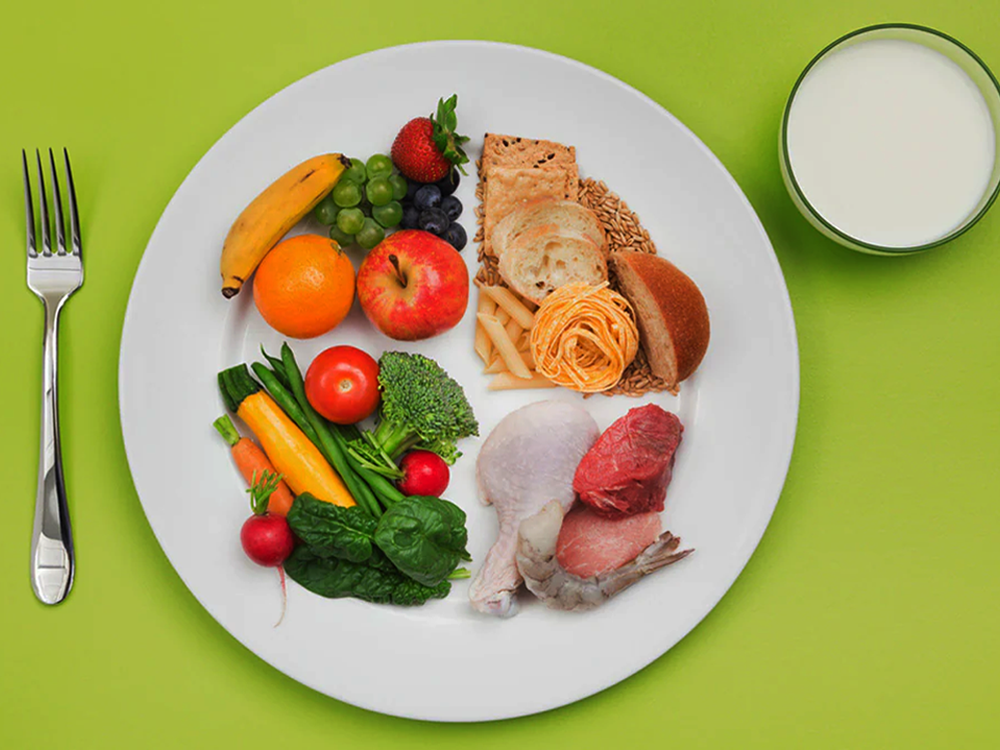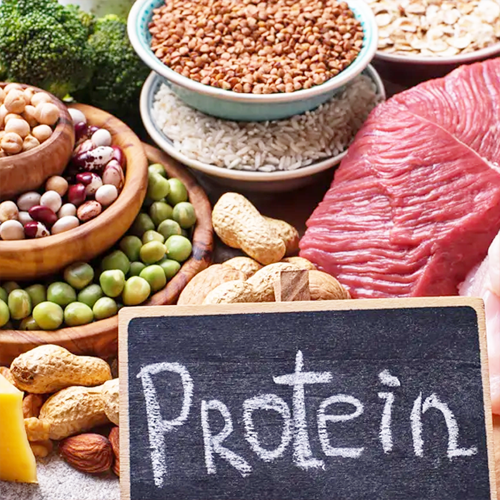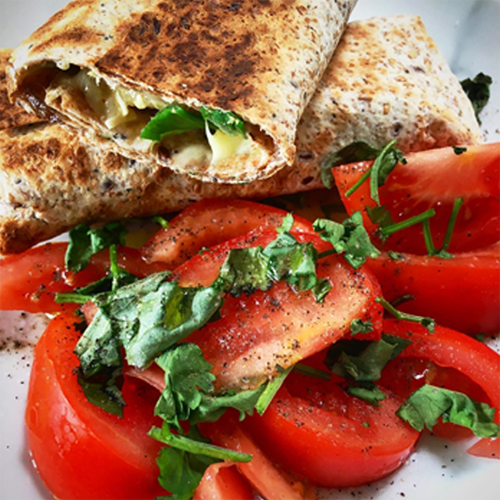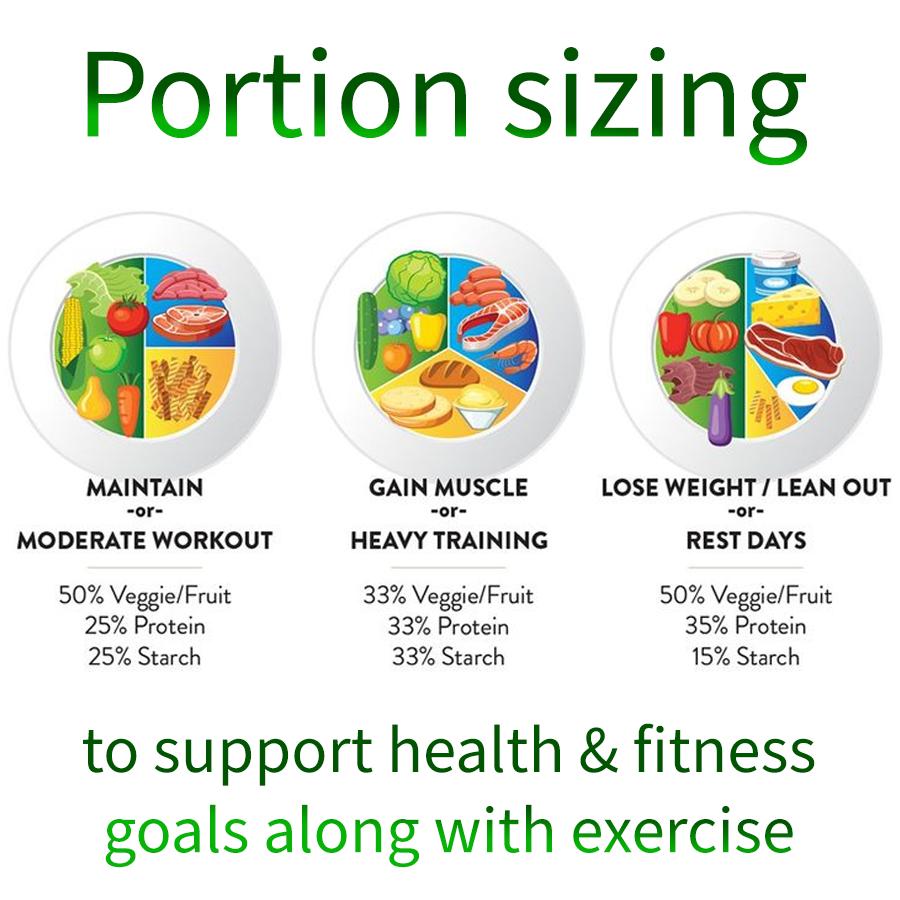Making Diet and Food Easy
Understanding Calories as Energy
Let’s start with a simple understanding of calories in and calories out but let us change the work calorie for the word energy!
By understanding your energy expenditure you can work out what you need to fuel that, running on empty will only make you ill, running on too little without having the reserves for it will make you ill, running marginally below if you have size/mass to lose will help you lose weight. This is true without trying fancy diets that cut out macro nutrients which are essential for your body to function as you want and be well.
Understanding Macro Nutrients
Protein is an organic compound made up of an alphabet of amino acids which serve all the functions of the body. Literally they are our building blocks for well-being. To see more on proteins visit our nutrition board in Pinterest
Your diet should consist of approx 25-30% protein. The best source of protein is meat as meat is what science calls a complete protein. Second to meat- dairy contains complete protein. Incomplete proteins are proteins which do not have all nine necessary amino acids our body uses or synthesises other proteins from, they have a lower biological value which means we need to more to get the same benefit.
Vitamin B1-12 are all protein-based water soluble vitamins, A B-deficiency could be an indicator of not eating enough protein or drinking enough water.
Plants with higher protein values include Pulses, Beans and nuts plus a selection of vegetables.
Taken from publication on Science Direct- Key findings and conclusions
Previous research has shown that the digestibility and bioavailability of plant based proteins (PBPs) can be improved by various physical, chemical, and biological approaches, including sonication, microwave, high-pressure processing (HPP), and electric field (EF) technologies, as well as enzymatic hydrolysis and fermentation. There are challenges to the large-scale commercial implementation of several of these green processing technologies, which researchers are trying to address. Overall, the selection of an appropriate protein source and processing technology can be used to improve the digestibility and bioavailability of PBPs, thereby enhancing the nutritional profile of plant-based meat analogues.
Carbohydrates (carbs) hold the same amount of energy per gram as proteins, but the body uses these in a very different way. Carbohydrates are instant energy first, whereas proteins are recovery and repair first. In the case of missing proteins the body can use carbohydrates to synthesise a copy for the body, but it’s more ideal to eat protein than use carbohydrates.
Our Pinterest board on macronutrients allows for a deeper understanding in bite-size chunks.
Let’s sum up some points here: Carbs can be categorised in a numbers of ways:
Starchy carbs, Non-starchy carbs
Both are sugar, both can be natural sugars, one can be both refined and natural.
Starchy carbs provide us with active energy, the brain is fuelled primarily also on active energy so starchy carbohydrates are vital to support bodily functions and performance.
Signs you are low on starchy carbohydrates include:
Mental & physical tiredness, Slow recovery, Slow to awaken, Struggling to sleep, Afternoon slump, Gut issues.
Dieticians advise keeping your body topped up on non-refined starchy carbs such as natural rice, quinoa, potatoes, root vegetables, beans, alongside protein and fats.
Carbohydrates provide us with essential vitamins and minerals for our body to function optimally, e.g. red, orange and purple fruit and veg provide us with beta-carotene and Vitamin A which helps with vision, immunity, blood circulation. If you eat cooked fruits and veg often the need for supplementation is minimal. Carbohydrates contain Vitamins ACDE&K which are oil soluble ( you need a fat to absorb and use it) with the exception of Vitamin C which is water soluble.
Fats hold more than twice the amount of energy as proteins or carbohydrates and are the body’s secondary resource for energy, carbs being the primary and protein being not ideal.
Fats are also split into multiple categories which you can see in more detail on my Pinterest board, for this article we will stick to the commonly known:
Saturated, Meats, Dairy, Coconut oil, Palm oil, Avocado
Unsaturated, Oils found in plants, seeds and nuts
Signs you are low on fats could include vitamin (see carbs section above), low energy, weight gain, fly away hair, headaches, weak nails, rashes could also be a sign of fat deficiency. Brian and nerve issues can also be signs of not enough fat in the diet, twitches, speech problems. Fats protect our nerves and prevent them from short-circuiting.
Fats contribute to healthy, glossy skin hair and nails.
Macronutrients work together to give us what we need to function really well and be healthy. Knowing how to organise them on our plate to suit our goals for weight and health can sometimes be tricky which is why knowing just a little bit can go a long way to helping you help yourself when it comes to meal planning, shopping, creating your menus to suit your lifestyle, needs and goals.
Food Made Easy
Coach yourself, with our Food Made Easy guide (available in our shop) and all the free resources and information we provide across Pinterest and right here.
Diet doesn’t have to be restrictive or difficult and won’t be if you take the time to understand it and apply what you learn.
Download our Food Made Easy workbook or take the Online Course
I hope you enjoyed this article and took some useable knowledge from it to help you understand your biology and meet your needs in relation to your goals. Please leave a comment, press the heart button and share it to help more people take control of their health, well-being and fitness.






